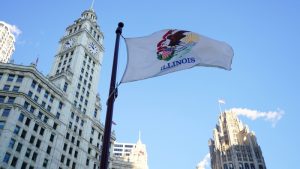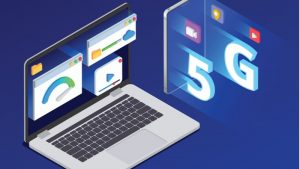New York City Public Schools (NYCPS) said it passed a significant milestone last week after more than 10 million books had been borrowed and 5 million reading hours had been logged by students since the launch of its Citywide Digital Library (CDL) five years ago.
Technology grants totaling more than $1 million are being awarded to libraries across the state of Illinois to bolster services in underserved areas.
The Baltimore City Office of Information and Technology recently released a report, “Broadband and Digital Equity: Progress, Success and Lessons Learned,” highlighting the city’s successes in closing the digital divide and advancing Baltimore’s Digital Inclusion Strategy.
New York City has announced a $2.4 million capital investment to advance digital equity in disadvantaged communities.
With the help of Federal funding, Kansas is looking to invest $8.2 million in grants to help close the digital divide in the state.
The Digital Literacy Alliance (DLA), a coalition of digital inclusion partners working to overcome the digital divide in Philadelphia, announced its Fall 2024 grant cycle recipients. DLA said this latest cycle focuses on innovative community engagement practices that address digital inclusion through resident volunteers, peer leadership, and/or community ambassador models.
The Pennsylvania Broadband Development Authority (PBDA) will distribute more than 9,100 laptops to community institutions across the commonwealth to support residents who do not have access to digital technology.
The city of Madison, Wis., is launching a new online resource hub that will connect residents and city staff with resources including workforce skills training, digital devices, Wi-Fi service, and digital literacy training.
The National Telecommunications and Information Administration (NTIA) announced that it has received more than 700 applications seeking $6.5 billion in funding for digital equity projects. NTIA noted that the total requested amount of funding is more than six times the available amount from the first round of the Digital Equity Act’s Competitive Grant Program funding.
The Office of the Illinois Secretary of State – in partnership with the Illinois Supreme Court’s Commission on Access to Justice and The Chicago Bar Foundation – launched a new pilot utilizing local libraries’ technology to improve court access.












